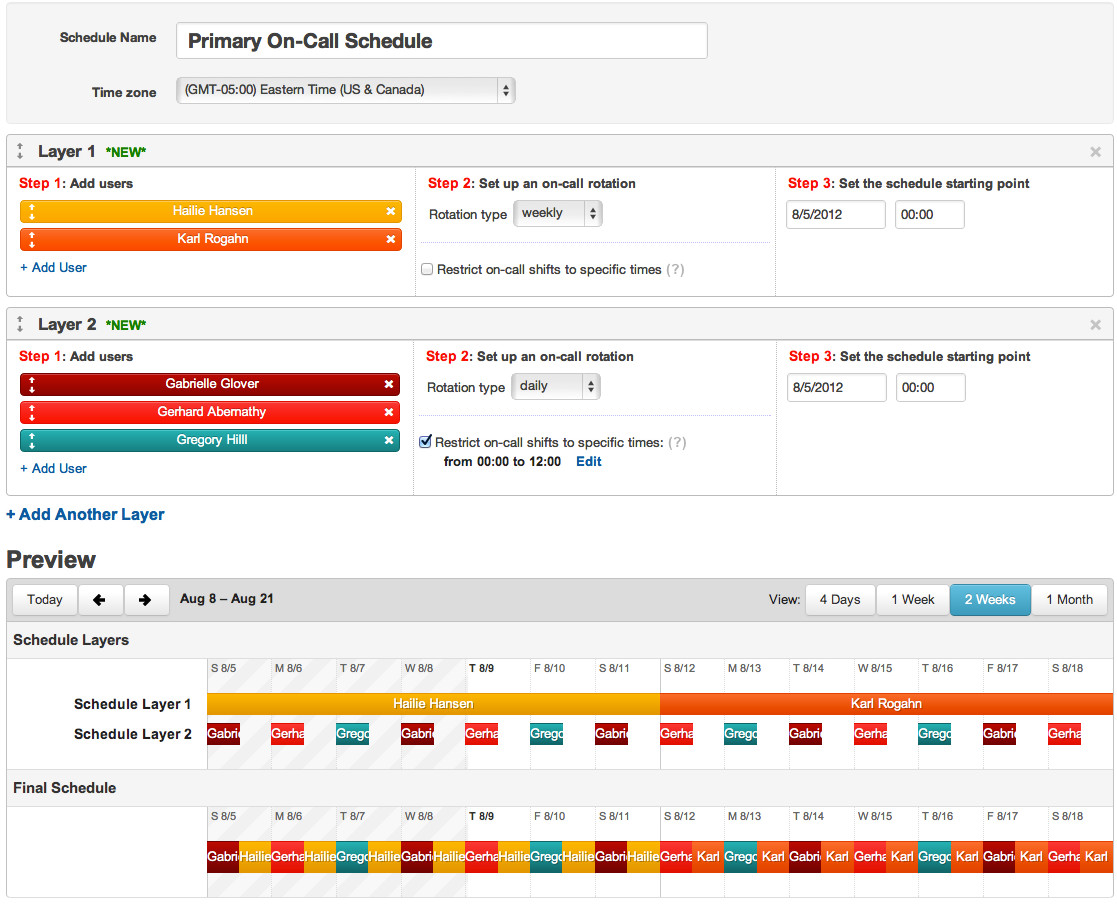
An on-call schedule is a document that ensures designated staff members are available to respond to urgent situations, incidents, or emergencies outside of regular working hours. It provides a way to maintain essential services or address issues promptly when they arise, even at night or on weekends.
This is particularly important for businesses that operate 24/7, require constant monitoring, or need to respond to unexpected customer needs.
Why Businesses Need an On-Call Schedule
Having an on-call schedule is crucial for businesses for several reasons:
- Emergency Response: It ensures that designated staff members are available to respond to urgent situations or emergencies promptly.
- Maintaining Essential Services: It helps maintain essential services outside regular working hours.
- Customer Needs: It allows businesses to address unexpected customer needs promptly, enhancing customer satisfaction.
- Operational Efficiency: It ensures that operations run smoothly even during non-working hours.
How to Create an On-Call Schedule
Creating an on-call schedule involves the following steps:
- Identify Key Roles: Determine the key roles that need to be covered during on-call hours.
- Assign Staff Members: Assign staff members to each on-call shift based on their availability and expertise.
- Set Rotations: Establish a rotation schedule to ensure fair distribution of on-call responsibilities among team members.
- Communicate Expectations: Communicate expectations, responsibilities, and protocols to staff members on the on-call schedule.
Examples of On-Call Schedules
Here are some examples of on-call schedules:
- Medical Staff: A hospital may have an on-call schedule for doctors, nurses, and other medical staff to respond to emergencies.
- IT Support: A tech company may have an on-call schedule for IT support staff to address technical issues outside of regular hours.
- Customer Service: A call center may have an on-call schedule for customer service representatives to assist customers with urgent inquiries.
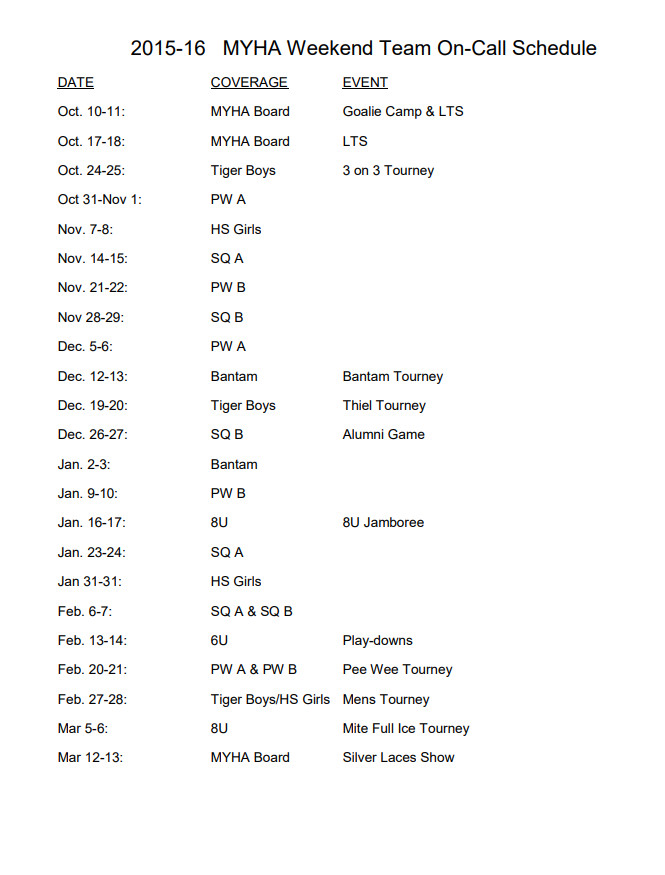
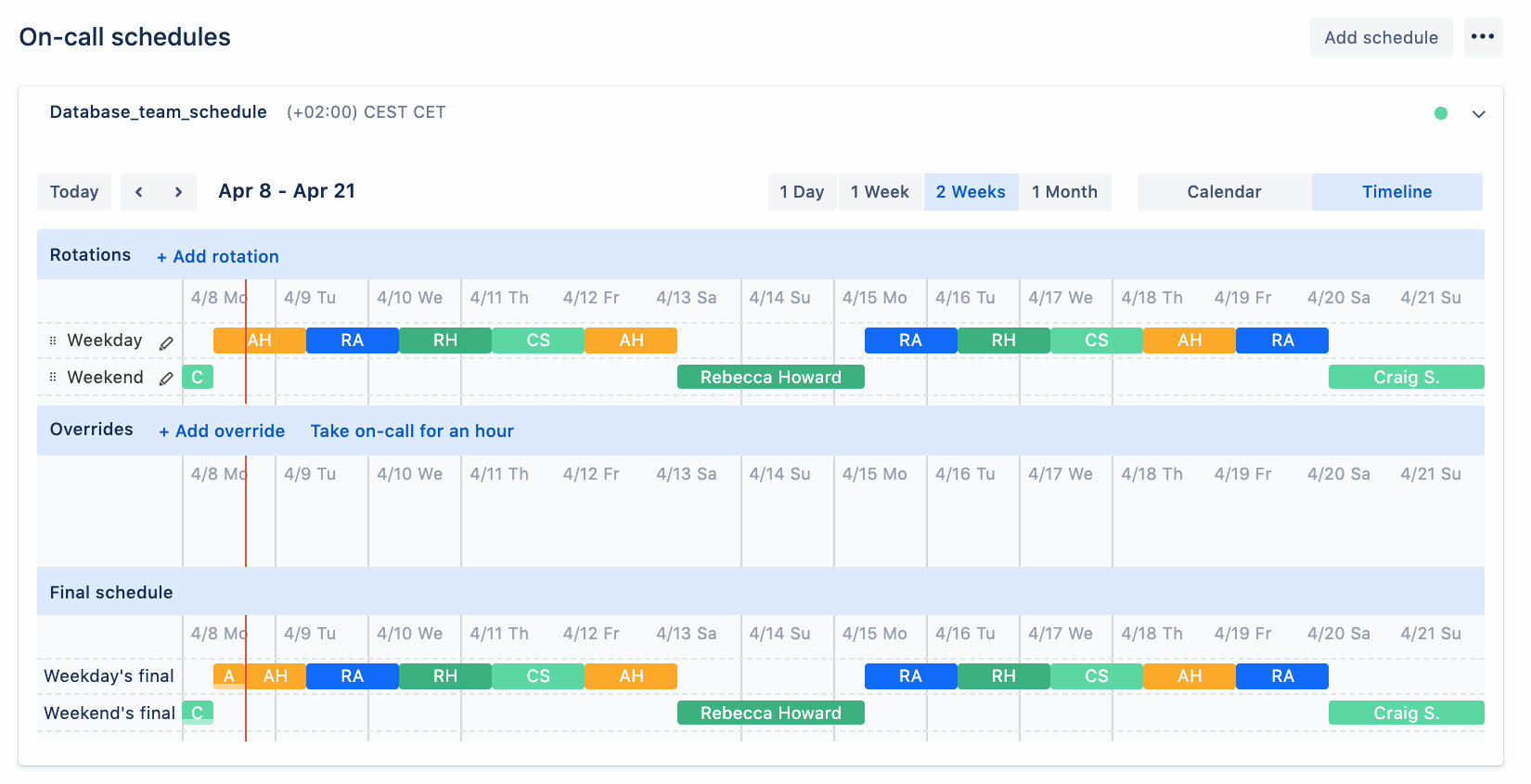
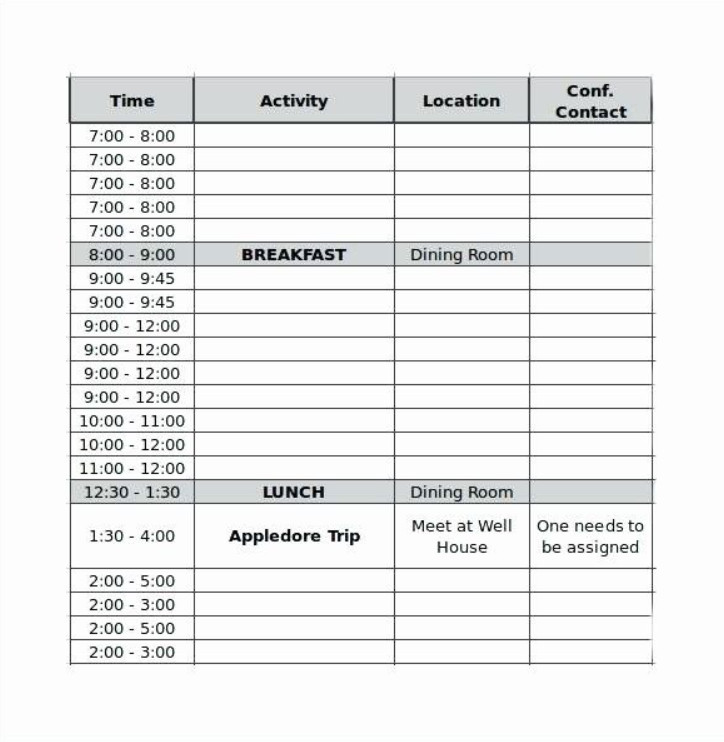
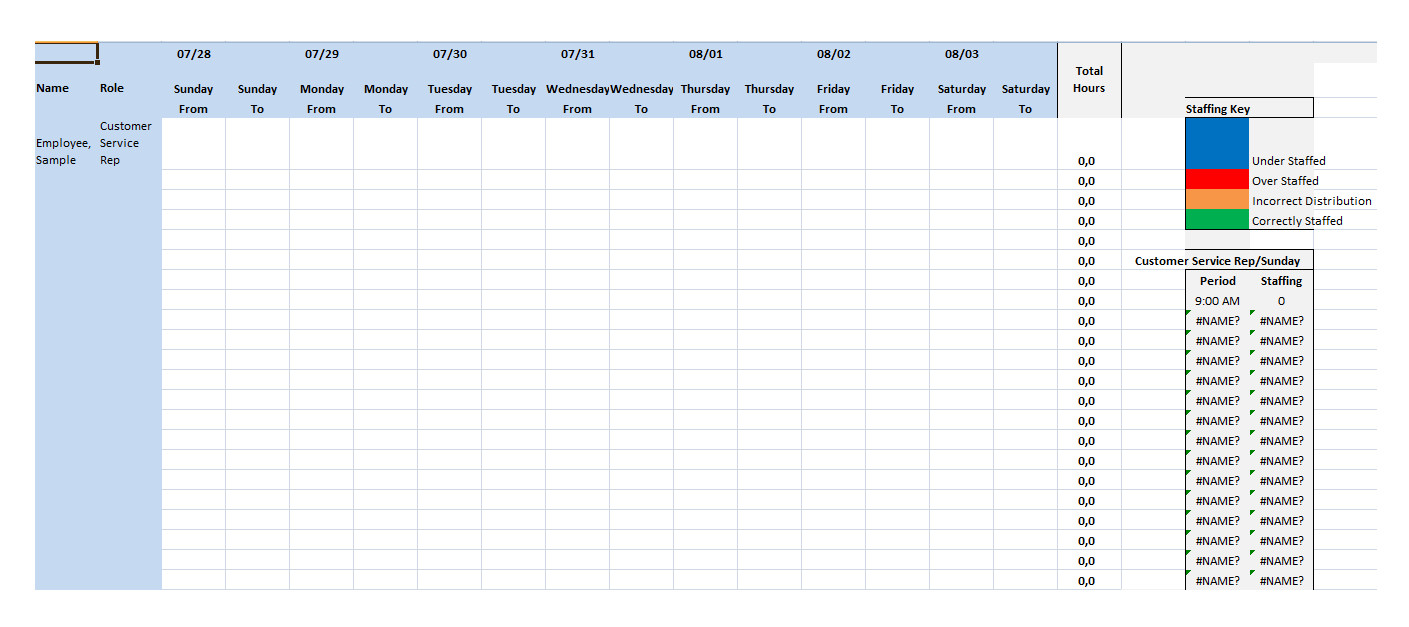
Tips for Successful On-Call Schedules
Here are some tips for creating and maintaining successful on-call schedules:
- Regular Updates: Ensure the schedule is regularly updated with any changes in staff availability or responsibilities.
- Backup Plans: Have backup staff members in case the designated on-call person is unavailable.
- Clear Communication: Communicate expectations, protocols, and contact information to staff members on the on-call schedule.
- Feedback Mechanism: Establish a feedback mechanism to gather input from staff members on the effectiveness of the on-call schedule.
- Training: Provide training to staff members on how to handle emergencies or urgent situations effectively.
- Reward System: Implement a reward system to recognize and appreciate staff members who consistently meet on-call responsibilities.
On-Call Schedule Template – Download